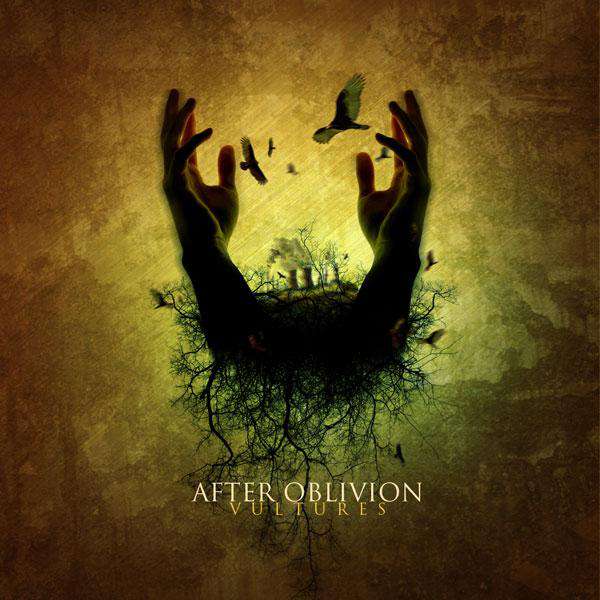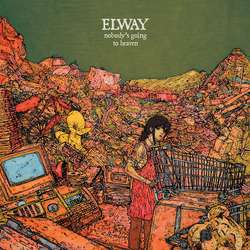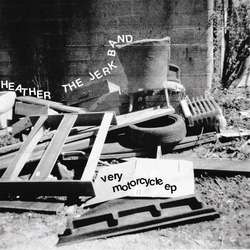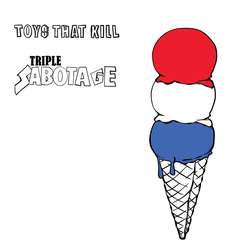After Oblivion have an extremely modest discography under their belt—a debut EP and that same EP repackaged in a split album. I suppose that this should have tipped me off that After Oblivion weren't necessarily up to snuff yet, but I can't help but feel after listening to Vultures that I went into this particular EP with my expectations too high.
The issue is that, simply put, this is all stuff we've heard before. There's nothing new or exciting about Vultures hasn't been done countless times over. The pieces are formulaic, the songwriting is predictable, and the lyrics are generally shallow compared to the norm for the genre. The riffs and melodies are all highly derivative, and the few surprises the music tries to throw in fall flat. The pieces generally sound the same, with no variation or spice to keep the attention.
That all being said, I don't mean to convey that this album is an unenjoyable listen. In fact, this is one of the more enjoyable tech death albums I have heard in a long time. As much as I love this genre, the grating, difficult sound characteristic of most bands makes prolonged listening somewhat of a chore. After Oblivion, however, have presented the same sound in a manner that doesn't demand a concerted effort on the part of the listener. The songwriting is much more melodic that is the norm for the genre, on par with albums such as The Conductor's Departure.
And it may just be a side effect of their melodic writing, but the songs here are also incredibly accessible (at least as far as technical death metal goes). Even the screaming, which is a huge hit-or-miss spot for anyone, is extremely listenable here. The lyrics are actually readily discernible rather than an impenetrable mess of noise. In addition, all of the instrumental performances are clean and top-notch, exactly what we've come to expect from the genre. Consequently, this is the type of album I would recommend as an intro for newcomers who may find bands such as Atheist a bit too abrasive or obtuse. Compared to standards like Unquestionable Presence or Destroy Erase Improve, this is extremely easy music to listen to.
All in all, Vultures is conveys to me the exact same feeling I receive with Baroque music. It's capably handled and performed, and it's certainly quite enjoyable to listen to. However, it's nothing we haven't heard in countless permutations from other sources before. It's another entry in the catalogue of extremely adequate representations of the technical death metal genre, but a far cry from touching the established classics.




